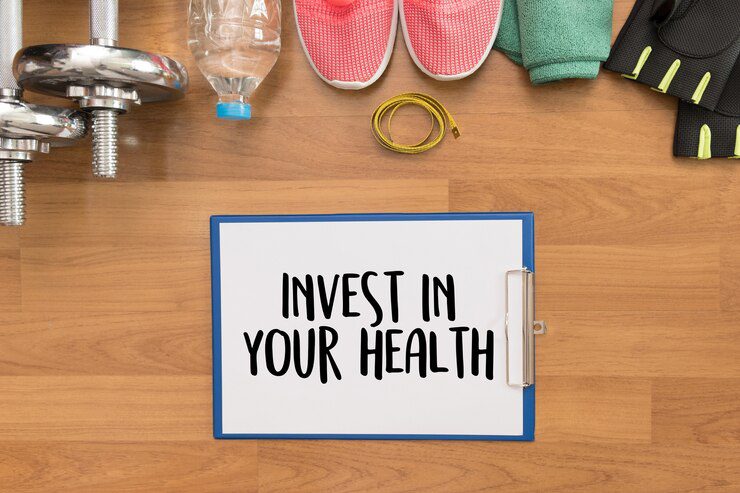Consequently, keeping fit in today’s world is an important issue for most people. However, there are a lot of influences, so people adopt habits that result from misunderstood knowledge. Most of these health myths are more hindrances than benefits. Now let’s try to clear up some of the most persistent myths about health and fitness to give everyone a clearer picture of the facts.
Myth 1: Carbs Are the Enemy
Probably the most enduring of all the myths is the actual idea that all carbs are bad. There is a difference; not all foods that contain carbohydrates are bad for you. Saturated fats, which are found in foods such as cakes, biscuits, and sweets, and those trans fats gotten from processed foods can lead to weight gain but not complex carbohydrates such as grains, fruits, and vegetables. The Lancet says diets that are loaded with healthy carbohydrates are associated with longevity in people. So, do not eliminate carbs, but pay attention to their quality.
Myth 2: You Need to Work Out Every Day to Stay Fit
Despite the importance of exercise to unfit persons, it is a myth that a person has to exercise daily. Raising health awareness is essential for promoting informed choices, encouraging preventive care, and fostering a healthier lifestyle in communities. Practicing for too long might cause such things as fatigue, strain injuries, and even burnout. The current recommendation from the American College of Sports Medicine is that one should engage in at least 150 minutes of moderate exercise per week or at least five 30-minute sessions. One of the biggest benefits of the rest days is that muscles are given the chance to recuperate and develop during workouts.
Myth 3: Lifting Weights Will Make You Bulky
This is a popular health myth regularly, especially among women. The fact of the matter is that weight training assists in the development of new muscle mass and fat, which aid in the burning of fats. Given this, you will not gain muscle mass if you are not taking heavy weights and consuming plenty of calories. This is important in increasing bone density, posture, and strength, besides avoiding the incidence of osteoporosis in later life.
Myth 4: Spot Reduction is Possible
I think everybody has heard the saying that if you do hundreds of crunches, you’ll have a flat stomach, or you are convinced that if you exercise only certain areas of your body, those areas will burn fat. Unfortunately, spot reduction is a certain myth that people like to believe. There is no particular exercise that will burn fat from a given region; fat loss is proportional and equal around the body. According to the Journal of Strength and Conditioning Research, it is advisable to set up a program where equal attention is paid to both training regimes and the diet, as the only way to get rid of the extra fat.
Myth 5: The More You Sweat, The More Fat You Burn
Excessive sweating is one of the other health myths that people usually associate with fat burning. Perspiration is your body responding to heat, not a method that the body uses to burn fat. You may lose some fat and not get a break in a sweat when you are exercising, such as swimming or walking. It’s not how wet the towel is or how soaked the clothes you intend to wear afterward that matters, but how intense and frequent your exercises are.
Conclusion
Choosing a path in health and fitness isn’t always easy, and this time the authors met many health myths. Here, the quality of the practices matter, or, in other words, the scientific method rather than circumstances and rumors. Primary components of health include eating a balanced diet, exercising often, and getting healthy sleep. Understanding the urban myths listed above will allow you to make choices that lead to a healthier way of living.
By applying these truths to your daily life, you will be able to get fit and not be in the dark, as most people are regarding the health myths. Be wise, and let your health be dictated by scientific facts.







